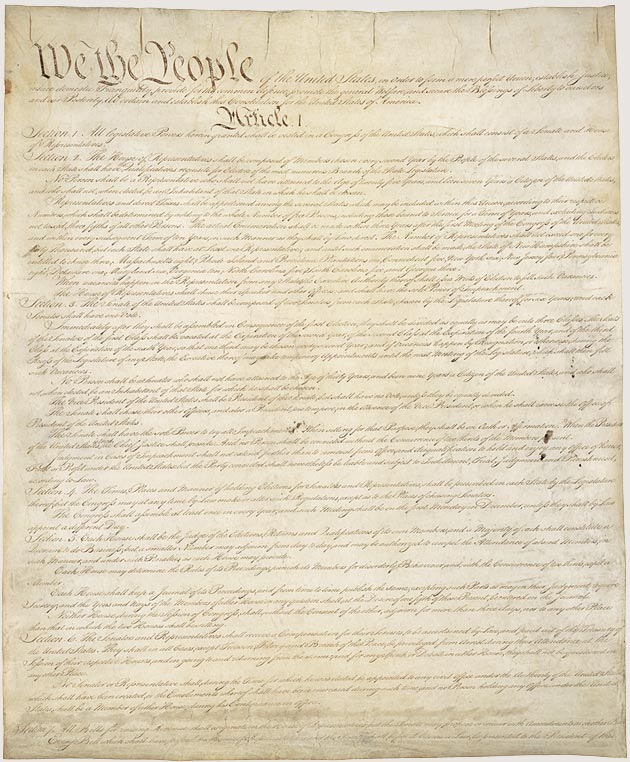
Eighty years ago, July 11, 1933, Connecticut approved ratification of the 21st Amendment to the U.S. Constitution, ultimately repealing the 18th Amendment and ending Prohibition. Today, the state’s wine and spirits industry supports a multi-billion dollar economy, employs thousands of workers, and provides billions of dollars in tax revenue to the state and federal governments.
Marking this occasion, the Wine & Spirits Wholesalers of America (WSWA) released a detailed economic snapshot of the industry’s impact in Connecticut. The wine and spirits industry supports 10,820 direct jobs in Connecticut, which includes more than 1,250 workers at wholesaler firms. The total economic impact of the industry in the state is $12.25 billion, according to an economic analysis released by WSWA and prepared by New York-based John Dunham & Associates.
Beyond wages and economic impact, the modern wine and spirits industry in Connecticut generates a total of $5.2 billion in state business and consumer taxes.
“The 21st Amendment paved the way for the creation of the modern three-tier beverage alcohol regulatory system that today delivers the widest variety of products available to consumers anywhere in the world in a manner that is safe, well-regulated, and ensures reliable revenue streams for the states and federal government,” WSWA President and CEO Craig Wolf said.
Wolf pointed out that even today in Europe, Asia and Latin America, consumers regularly suffer because of unsafe, adulterated or counterfeit beverage alcohol. He said these issues are non-existent in the United States largely because of the regulatory framework enacted by the states and federal government under the 21st Amendment.



